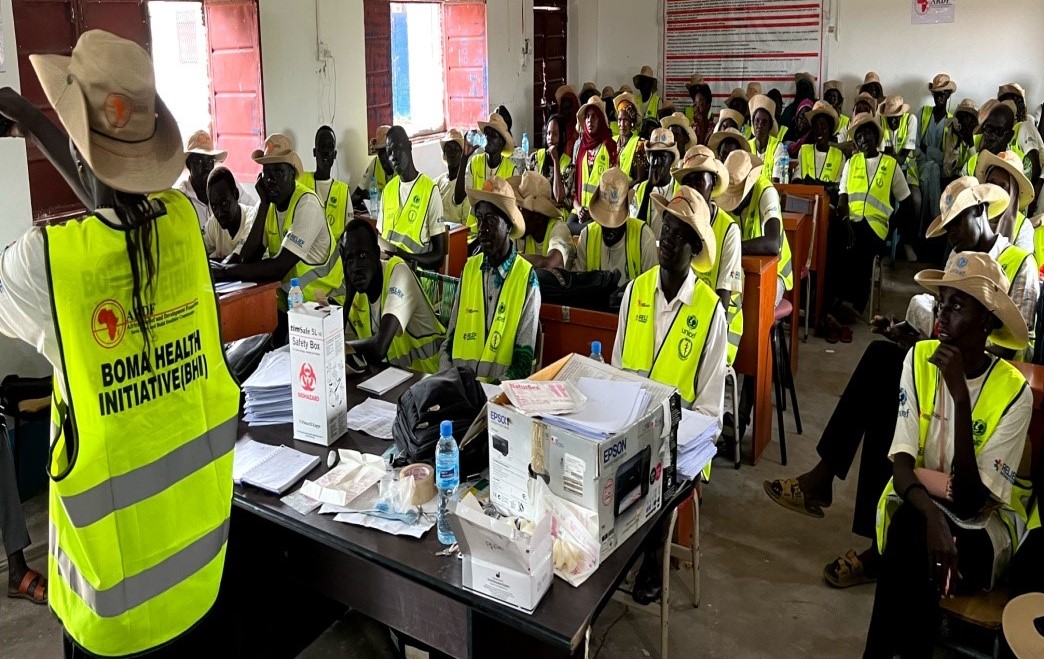Health
Half of the world’s population lacks access to essential health services, with 100 million people pushed into poverty annually because they must pay for health care out of their own pockets. Strong and effective primary health care (PHC) can address 80% of people’s health needs across their lifetime.
Primary health care “addresses the main health problems in the community, providing promotive, preventive, curative and rehabilitative services accordingly.” Efforts aim to ensure that everyone everywhere is able to enjoy the highest attainable standard of health, reinforcing the foundational position of PHC in achieving universal health coverage and the health-related Sustainable Development Goals.

Health Strategies
1. Increased access and utilization of primary health and nutrition services that are particularly responsive to the needs of women and children.
- Support to primary health care and nutrition facilities
- Establish mobile medical and nutrition units
- Safe motherhood and reproductive health services
- Social behavior change communication (SBCC)
- Child health activities
- communicable diseases and public health risk
- Non communicable diseases and conditions
- Community nutrition services
2. Increased community participation, utilization and demand for health services.
- Expanded community-based health services. through establishment of BHI, SBCC and HHP, and communication for health and nutrition
- Establishment of Participatory Community Structures
- Community accountability and feedback mechanism
3. To prevent, detect and respond to epidemic prone disease outbreaks and reduce excess morbidity and mortality of epidemic prone diseases.
- Emergency preparedness and response
- Disease surveillance and outbreak response
- improve infection prevention and control in the health facilities